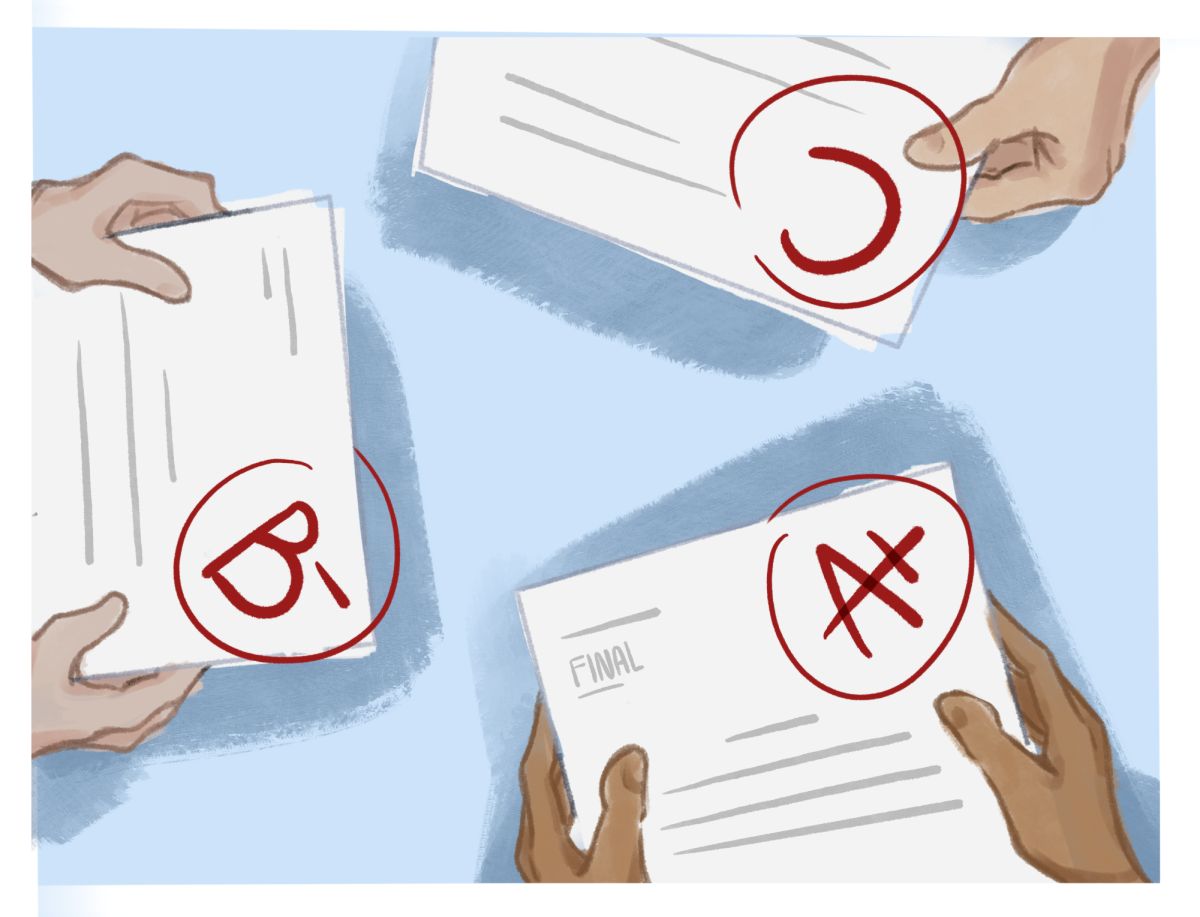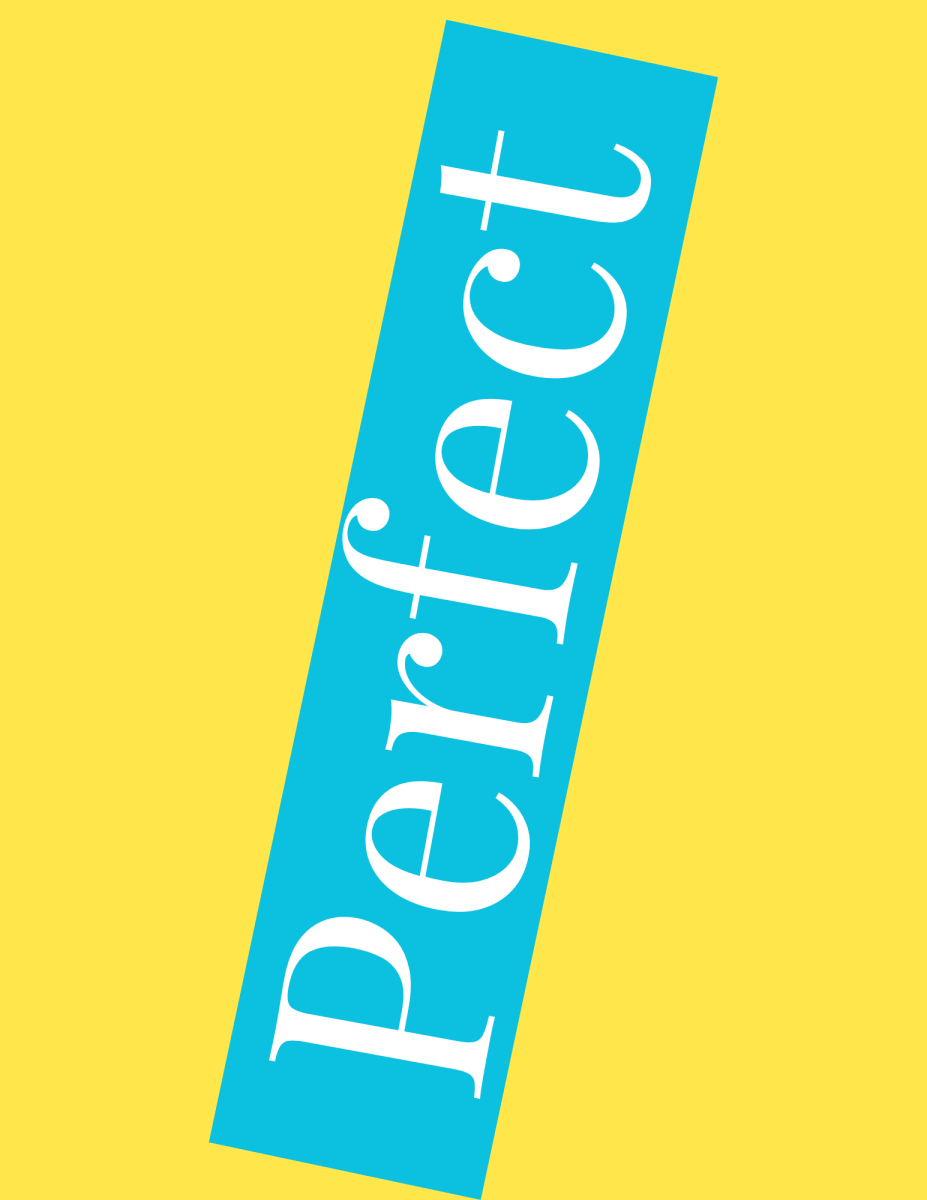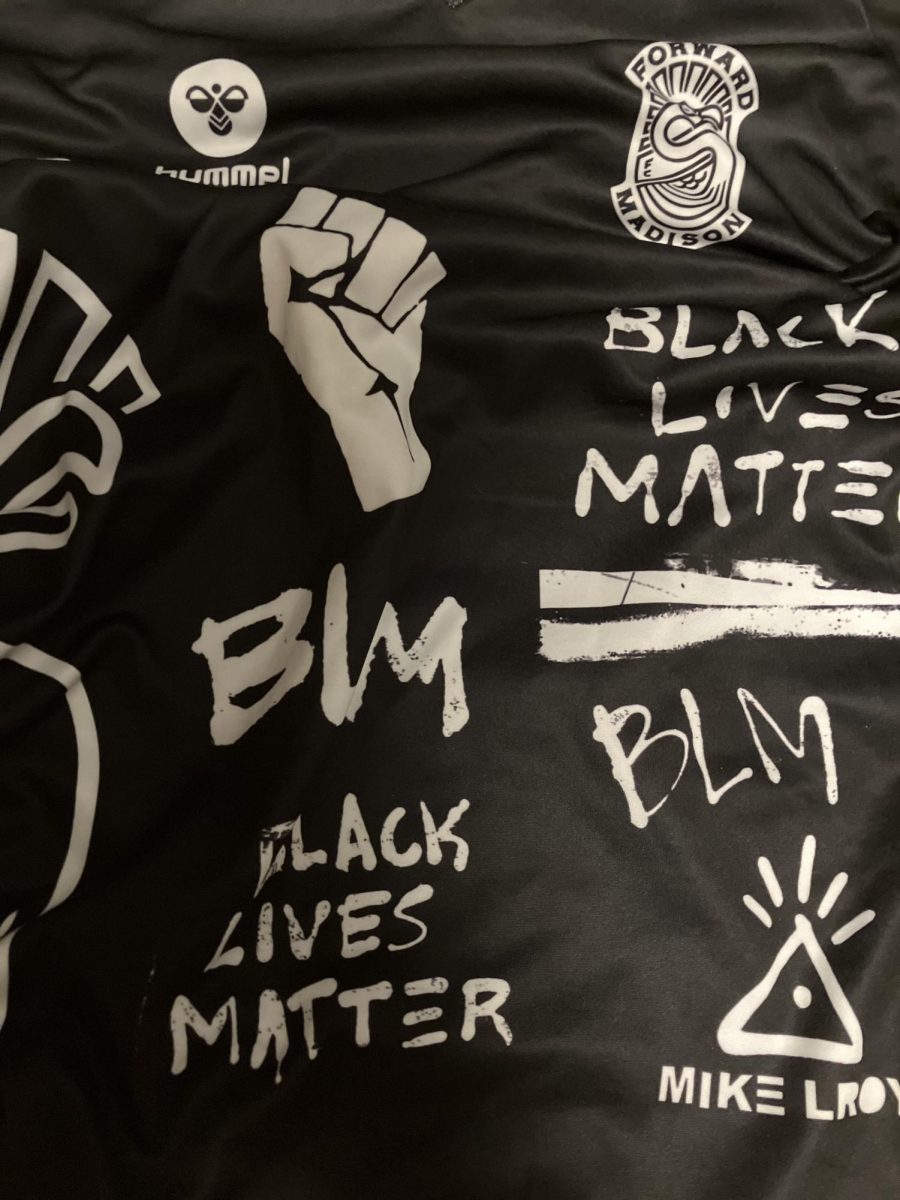Swearing has the ability to unify teens due it being something we all, more or less, have gotten in trouble for, be it from parents, teachers, or friends. At school specifically, the comments from students who choose to swear can be dismissed due to others perceiving their ideas as undeveloped. Swearing has been deemed public indecency but no one answers the question “Why?”. When it comes down to it swearing is to imply a stronger way of saying something. It would be like if society as a whole denounced the word “hate” but accepted “strongly disliked.”
Now, to speak on swearing is to differentiate swearing from cursing and derogatory terms. Cursing is directed to someone and with that has the intent of offending or making others upset. Derogatory terms are charged to target aspects of individual’s identity such as race, sex, or sexuall orientation. Derogatory terms and cursing have no place in an academic space and can leave students feeling unsafe.
However, swearing at times can provide agency. Cory Tao states, “Swearing can make individuals seem more authentic and genuine . . . [swearing] can be used for emphasis, to set the tone of the class, and to build relationships between students and teachers.” Similarly, amongst students swearing can be a unifying form of communication as it is a trademark of the code switching that occurs when talking to older individuals compared to younger individuals.
When swearing in hallways, classrooms, and in conversations it’s imperative to understand the effect of your words on others. Intent when swearing becomes irrelevant when others take offense. All words carry connotations and it’s incredibly important to acknowledge that when conducting yourself in conversations. However, swearing can be advantageous in relieving tension, providing emphasis, and building connections.







